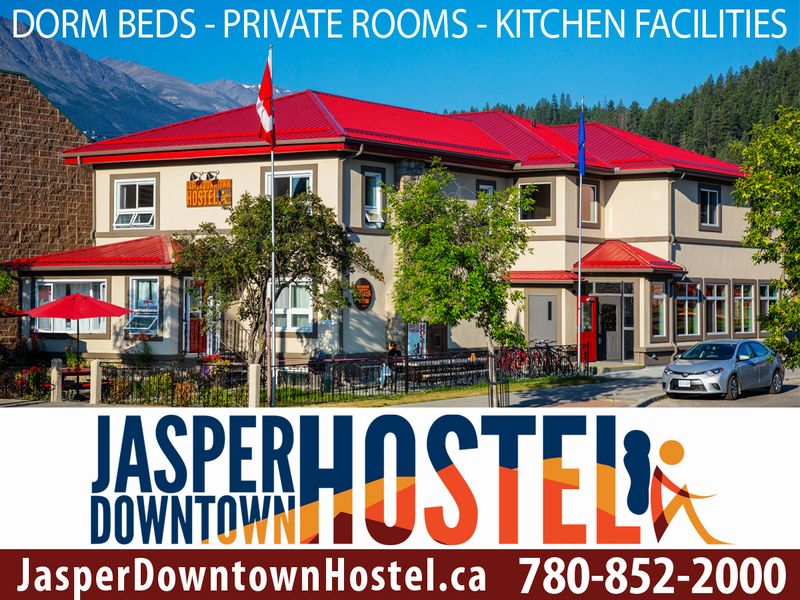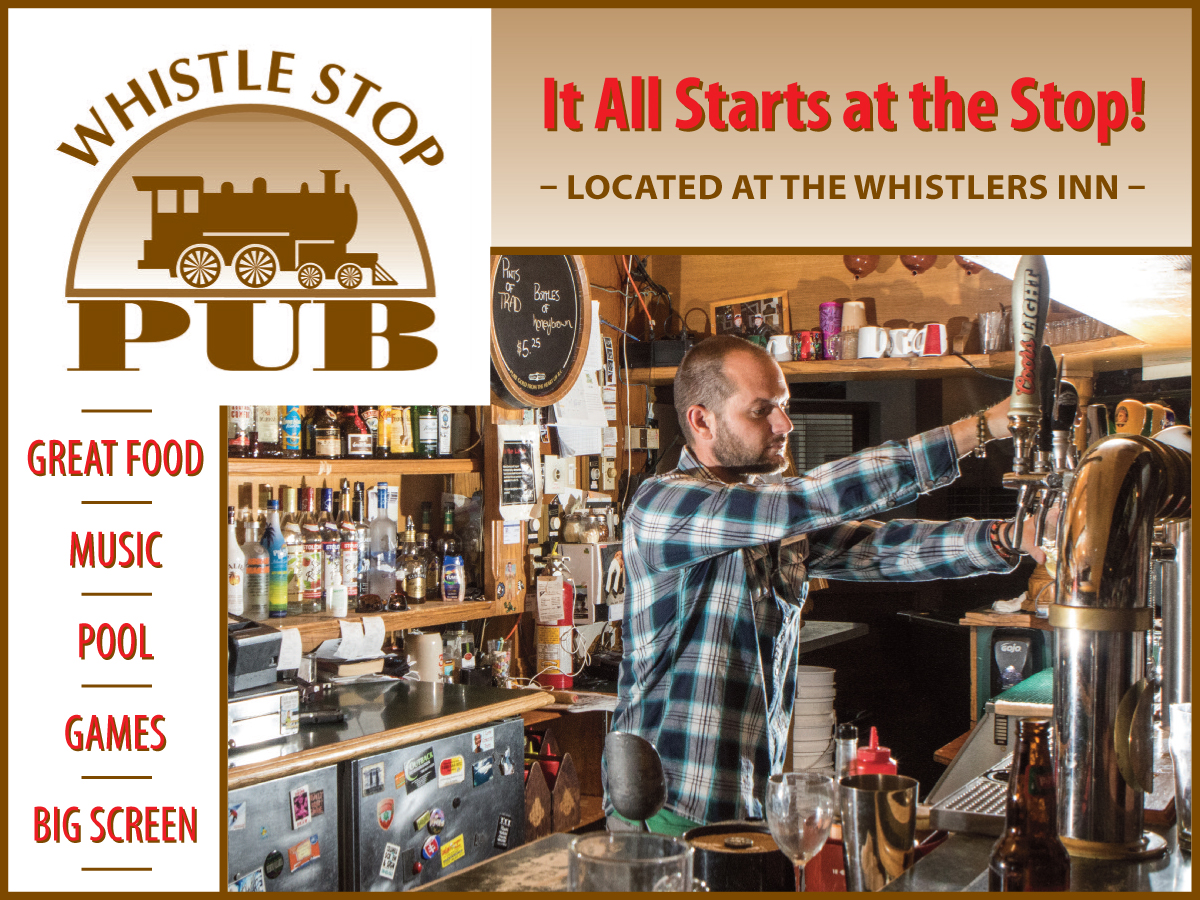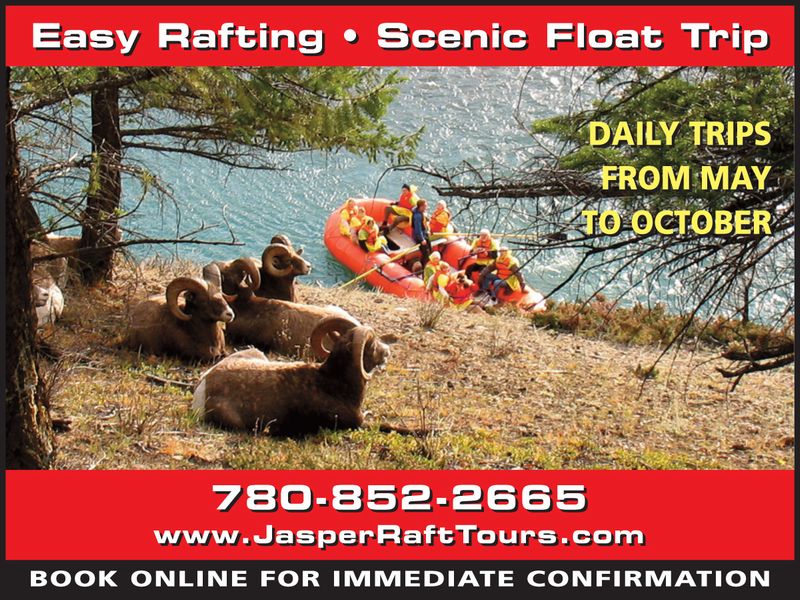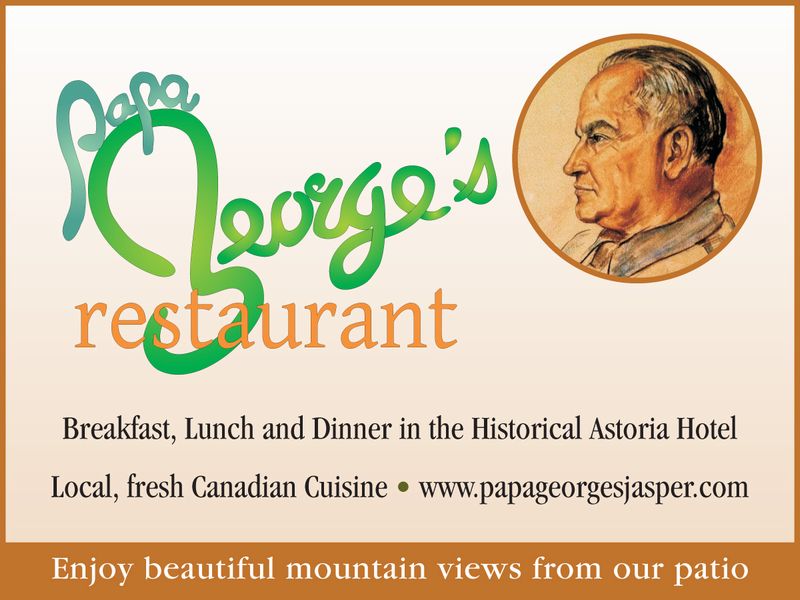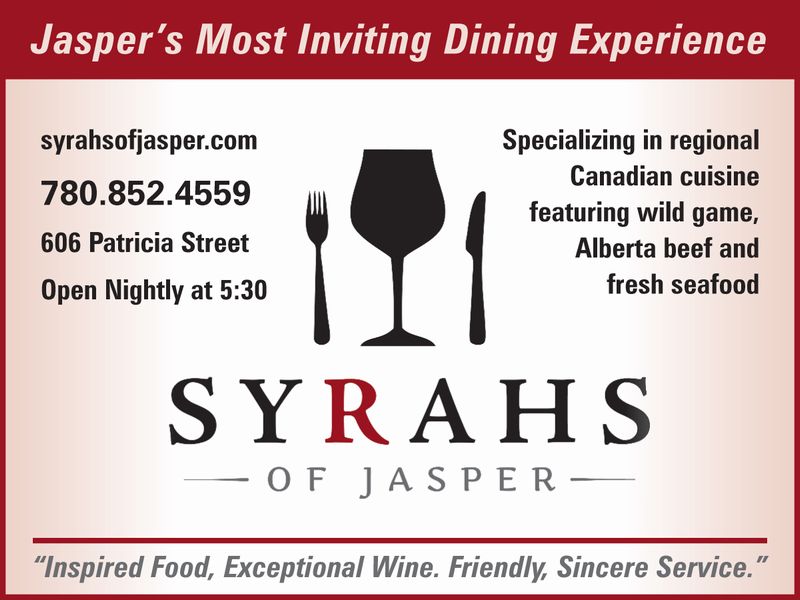Guest accommodations may be upstairs bedrooms, just down the hall from the host’s, or they may be on the main floor of a home, perhaps with their own entrance from outside. PHAs are sometimes in the lower level or basement of a home. However, lest you imagine dingy, damp, dark cellars, be assured that government inspections and licensing require that strict National Building Code regulations be adhered to, no matter what part of the house the rooms are located in. To protect your health and safety, these regulations address topics such as the size of the bedrooms and of the required windows, the number of occupants and bathroom facilities required, and fire safety standards – the availability of exits, and smoke detector and fire extinguisher location.
Many homes have “daylight” or above ground basements, with lots of windows, sunlight streaming in, and mountain views. With Jasper’s dry climate, dampness is usually not a problem, even in basement rooms.
If location of the accommodation is important to you, or whether there is a view from your room, be sure to ask your host for a precise description.

